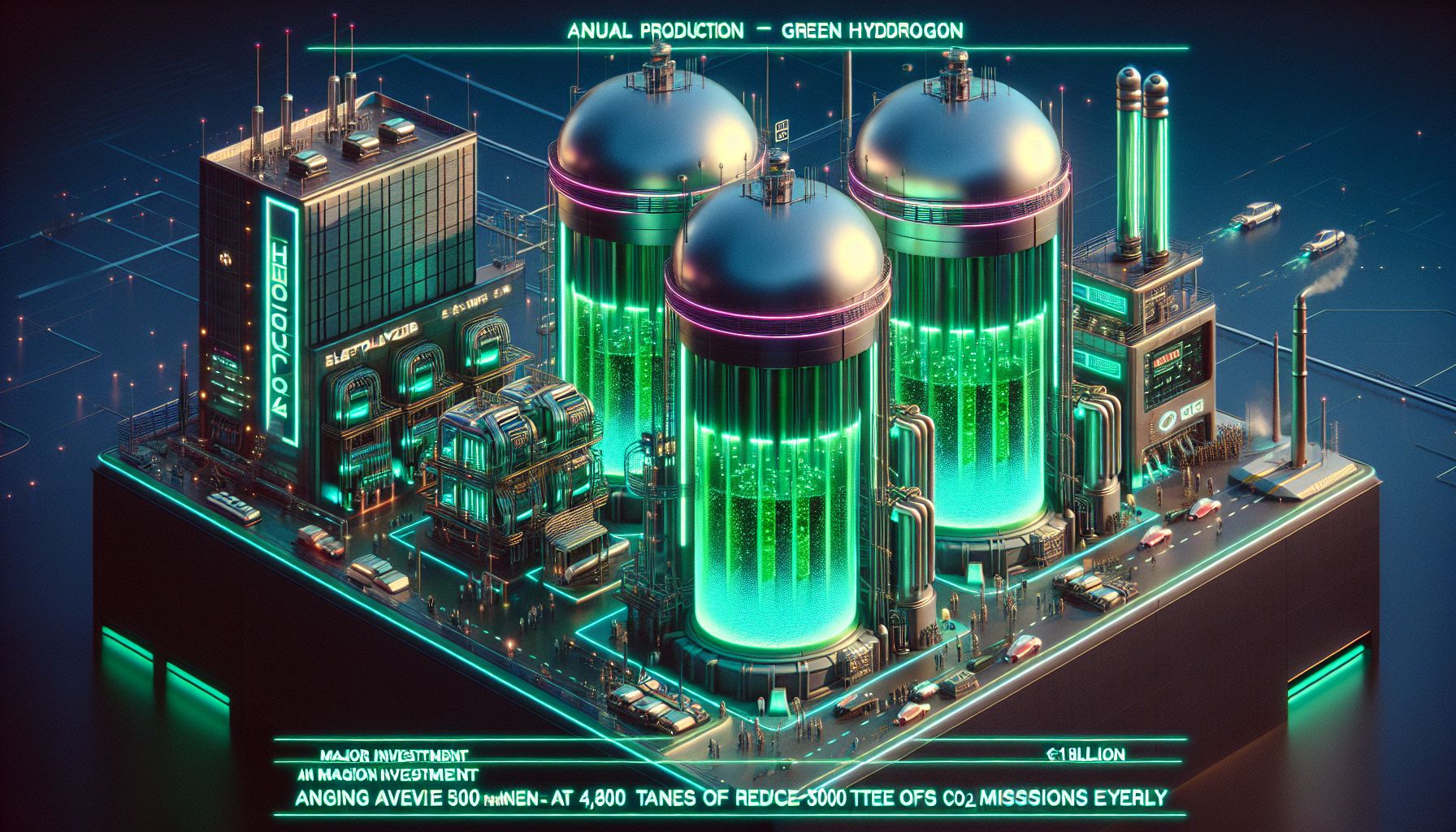Air Liquide and TotalEnergies: Pioneering Green Hydrogen for Europe's Decarbonisation

Paris, Wednesday, 19 February 2025.
Air Liquide and TotalEnergies plan two large-scale electrolyzers in Europe, producing 45,000 tonnes of green hydrogen annually. This €1 billion investment aims to cut 500,000 tonnes of CO2 emissions yearly.
Revolutionary Partnership Details
I’m excited to share that Air Liquide and TotalEnergies have just signed groundbreaking agreements for two major electrolyzer projects in the Netherlands [1][3]. The first project, ELYgator, will be a 200MW electrolyzer in Maasvlakte, Rotterdam, producing 23,000 tons of hydrogen annually [1]. The second, even more ambitious venture is a joint 250MW electrolyzer in Zeeland, targeting 30,000 tons of annual hydrogen production [1][2]. With a combined investment exceeding €1 billion [1], these projects represent a significant leap forward in European green energy infrastructure.
Renewable Power Integration
What makes these projects particularly innovative is their power source. The facilities will primarily run on renewable electricity from the OranjeWind offshore wind farm [3][6]. This integration of wind power with hydrogen production showcases a perfect example of energy sector coupling. The Zeeland facility, requiring approximately €600 million [7], demonstrates how serious these companies are about green hydrogen production.
Timeline and Impact
The project timeline reflects careful planning: ELYgator aims to be operational by the end of 2027, while the Zeeland facility is scheduled for commissioning in 2029 [1][3]. Together, these initiatives will help TotalEnergies reduce CO₂ emissions by up to 450,000 tons at its refineries in Belgium and the Netherlands [3]. This aligns with TotalEnergies’ broader goal of securing over 170,000 tons of green hydrogen annually across their facilities in France, Germany, Belgium, and the Netherlands [2].
Future Implications
I find it particularly noteworthy that these projects will utilize Air Liquide’s joint venture technology with Siemens Energy [1]. This partnership marks a crucial step in TotalEnergies’ commitment to decarbonize all hydrogen consumed in their European refineries by 2030 [2][3]. The initiative is receiving support from both the EU’s Innovation Fund and the Dutch IPCEI Hydrogen program [1], showing strong institutional backing for green hydrogen development.